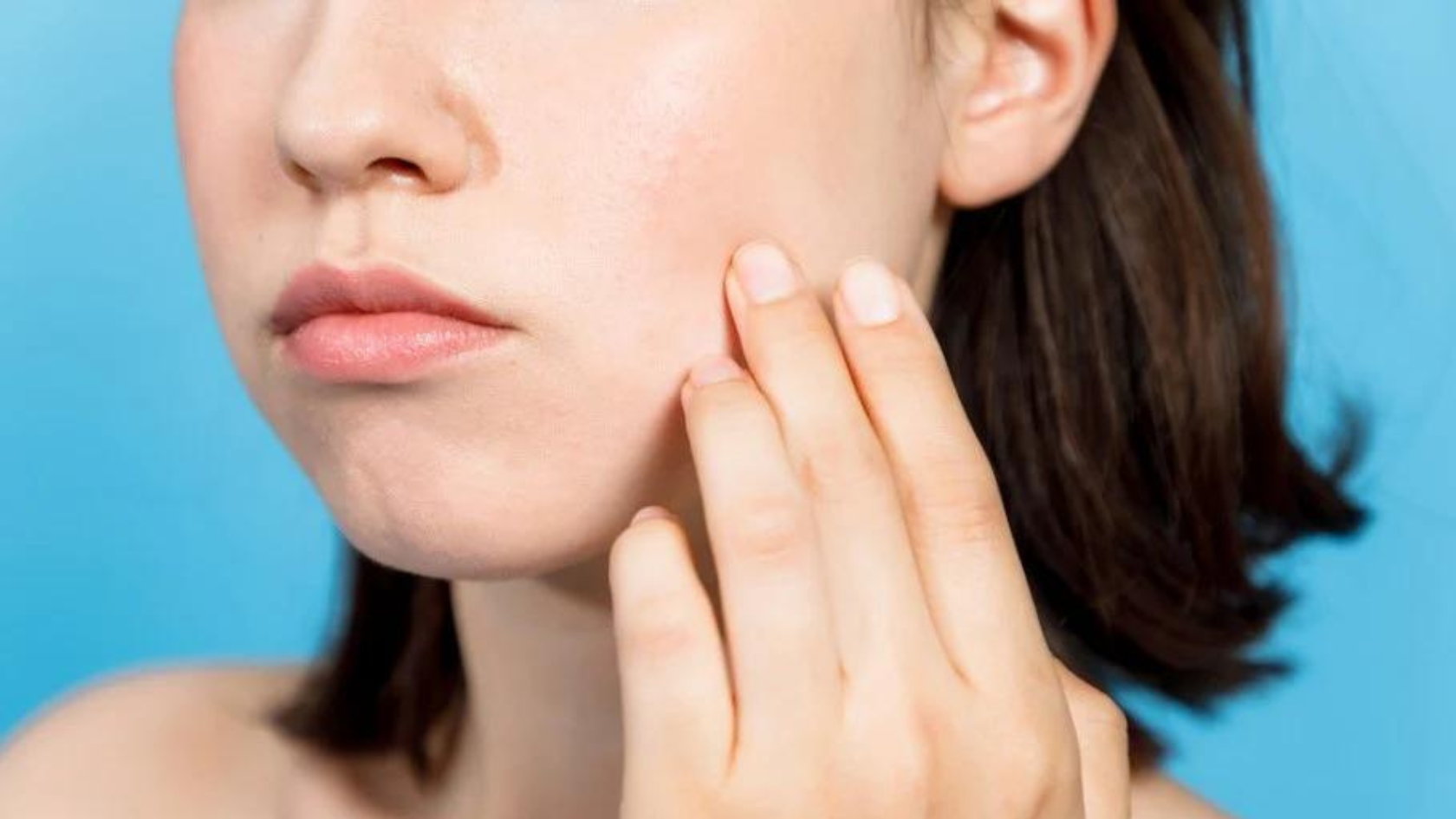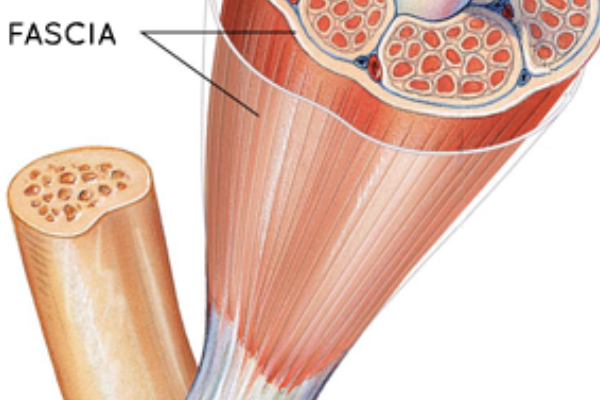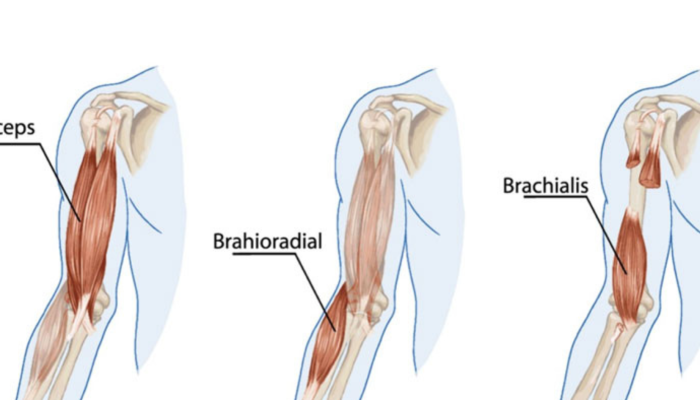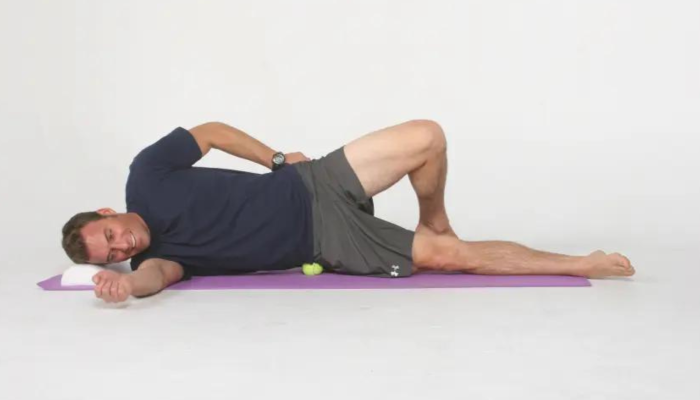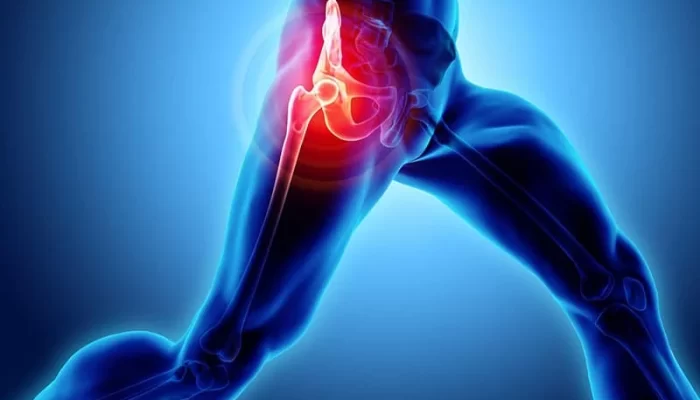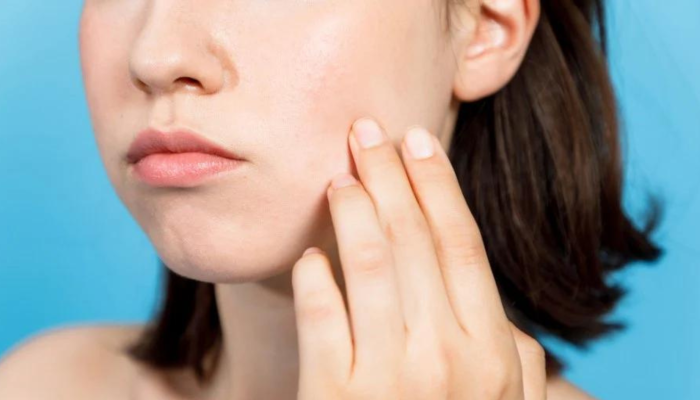
Facial tension is a common issue affecting many people, leading to discomfort and a range of symptoms. Understanding the causes and remedies for facial tension can help in managing and alleviating this condition.
Facial Tension Symptoms
Facial tension can manifest in various ways, impacting both physical comfort and emotional well-being. Recognizing these symptoms is crucial for addressing the issue effectively.
Facial Tension Headaches
One of the primary symptoms of facial tension is headaches. These headaches, often referred to as tension headaches, are characterized by a persistent dull ache or pressure around the forehead, temples, and the back of the head. The tightness in the facial muscles can contribute to the intensity and frequency of these headaches.
Facial Tension and Anxiety
There is a significant connection between facial tension and anxiety. When a person experiences anxiety, they may unconsciously tense their facial muscles, leading to increased tightness and discomfort. This cycle of anxiety and muscle tension can exacerbate the problem, making it essential to address both aspects simultaneously.
TMJ (Temporomandibular Joint) Disorders
TMJ disorders can also contribute to facial tension. The temporomandibular joint connects the jawbone to the skull, and dysfunction in this area can lead to muscle strain and tension in the face. Symptoms may include jaw pain, clicking or popping sounds, and tightness in the facial muscles.
6 Home Remedies to Get Facial Tension Relief
Several effective home remedies can help alleviate facial tension. Incorporating these practices into your routine can lead to significant improvements in muscle relaxation and overall comfort.
1. Stress Relief
Stress is a major contributor to facial tension. Reducing stress can help relax face muscles and alleviate discomfort. Adopting a healthy lifestyle is a fundamental step in stress reduction. This includes regular exercise, a balanced diet, and adequate sleep. Engaging in activities that you enjoy and practicing mindfulness or meditation can also help manage stress levels effectively.
2. Relaxation Techniques
Relaxation techniques such as deep breathing exercises, progressive muscle relaxation, and guided imagery can be beneficial. These techniques help in calming the mind and reducing muscle tension. For instance, deep breathing involves taking slow, deep breaths, which can help in relaxing the facial muscles and decreasing overall tension.
3. Facial Exercises for Tension Relief
Facial exercises can be specifically designed to target and relieve tension in the facial muscles. Simple exercises include gently massaging the forehead, cheeks, and jawline. Another effective exercise involves making exaggerated facial expressions to stretch and relax the muscles.
4. Cognitive Behavioral Therapy (CBT)
Cognitive Behavioral Therapy (CBT) can be useful for managing facial tension related to anxiety. CBT helps individuals identify and change negative thought patterns and behaviors that contribute to stress and tension. By addressing the underlying anxiety, CBT can indirectly alleviate facial muscle tightness.
5. Biofeedback Training
Biofeedback training involves learning to control physiological processes through feedback from electronic devices. This technique can help in recognizing and reducing muscle tension. By becoming more aware of the body’s responses, individuals can practice relaxation techniques more effectively.
6. Medication
In some cases, medication may be necessary to manage severe facial tension. Over-the-counter pain relievers can provide temporary relief from headaches and muscle pain. However, it is essential to consult a healthcare professional before starting any medication to ensure it is appropriate for your situation.
The Takeaway
Facial tension can significantly impact your quality of life, but various remedies can help alleviate this issue. By addressing stress, employing relaxation techniques, and incorporating specific exercises, you can find relief from tight and sore face muscles. If tension persists, consulting a healthcare provider is recommended to explore additional treatment options.
Facial Tension
Facial tension is a prevalent issue that many people encounter, leading to discomfort and various symptoms. Identifying and understanding the causes of facial tensi.on can assist in finding effective relief strategies.
Facial Tension Symptoms
Facial tension manifests in different ways, affecting physical comfort and emotional health. Identifying these symptoms is crucial for effective management.
Facial Tension Headaches
A common symptom of facial tensio.n is headaches. Often termed tension headaches, these headaches are characterized by a persistent dull ache or pressure around the forehead, temples, and the back of the head. The tightness in facial muscles can intensify these headaches, leading to further discomfort and disruption.
Facial Tension and Anxiety
Facial tension is closely linked to anxiety. Individuals experiencing anxiety may unconsciously tighten their facial muscles, exacerbating the tightness and discomfort. This cycle of anxiety and muscle tension can worsen the condition, highlighting the importance of addressing both aspects concurrently.
TMJ (Temporomandibular Joint) Disorders
TMJ disorders can contribute significantly to facial tensio.n. The temporomandibular joint connects the jawbone to the skull, and any dysfunction in this area can result in muscle strain and tension in the face. Common symptoms include jaw pain, clicking or popping sounds, and tightness in the facial muscles.
6 Home Remedies to Get Facial Tension Relief
There are several effective home remedies to alleviate facial tension. Integrating these practices into your daily routine can lead to substantial improvements in muscle relaxation and overall comfort.
1. Stress Relief
Stress is a major contributor to facial tensio.n. Reducing stress can help relax face muscles and alleviate discomfort. A healthy lifestyle is fundamental for stress reduction. This includes regular exercise, a balanced diet, and sufficient sleep. Engaging in enjoyable activities and practicing mindfulness or meditation can also help manage stress effectively.
2. Relaxation Techniques
Utilizing relaxation techniques can be very beneficial. Techniques such as deep breathing exercises, progressive muscle relaxation, and guided imagery help calm the mind and reduce muscle tension. For example, deep breathing involves taking slow, deep breaths, which can help relax the facial muscles and decrease overall tension.
3. Facial Exercises for Tension Relief
Facial exercises can specifically target and relieve tension in facial muscles. Simple exercises include gently massaging the forehead, cheeks, and jawline. Another effective exercise involves making exaggerated facial expressions to stretch and relax the muscles. Regularly performing these exercises can help alleviate tightness in the face.
4. Cognitive Behavioral Therapy (CBT)
Cognitive Behavioral Therapy (CBT) can be effective for managing facial tensio.n associated with anxiety. CBT helps individuals recognize and modify negative thought patterns and behaviors that contribute to stress and muscle tension. By addressing the underlying anxiety, CBT can indirectly reduce facial muscle tightness.
5. Biofeedback Training
Biofeedback training helps individuals control physiological processes by providing feedback through electronic devices. This technique can increase awareness of muscle tension and promote relaxation. By learning to recognize and manage muscle tension, individuals can practice relaxation techniques more effectively.
6. Medication
For some, medication may be necessary to manage severe facial tension. Over-the-counter pain relievers can offer temporary relief from headaches and muscle pain. However, it’s important to consult a healthcare professional before starting any medication to ensure it is appropriate for your condition.
The Takeaway
Facial tension can significantly impact your well-being, but there are various strategies to alleviate this issue. By addressing stress, practicing relaxation techniques, and incorporating specific exercises, you can find relief from tight and sore face muscles. If tension persists, seeking advice from a healthcare provider is recommended to explore additional treatment options and ensure comprehensive care.
If you have any questions for us, you can see more at: heathcarenow, Youtube, Twitter(X),…
See more of our other articles: What is Jaw Pain ?, Catabolism vs. Anabolism: What’s the Difference?, Tennis Ball Massage for Myofascial Trigger Points

